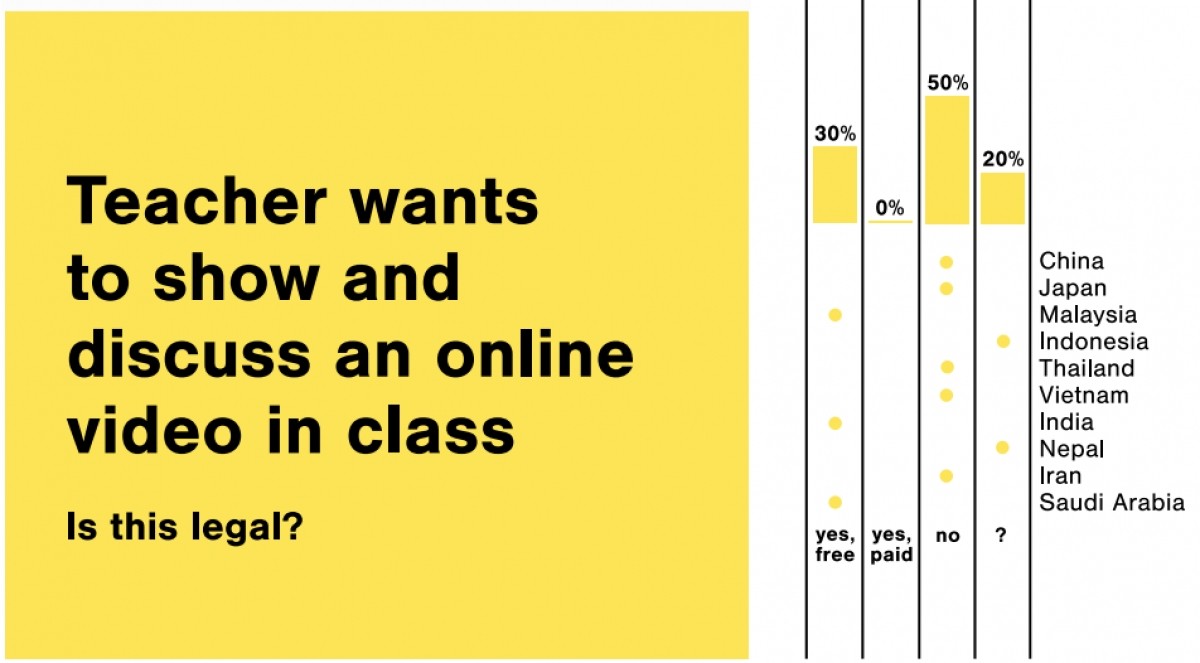Press Statement for Immediate Release dates 25th September 2019
Ministry of Human Resources under the purview of Minister YB Kula Segaran must declare whether the welfare and rights of the future workforce is a priority in the nation’s reform agenda championed by the Pakatan Harapan government. The future workforce comprises of, but not limited to fresh graduates, teenagers, and women – of all races, religions, and background – entering with the hope of igniting or improving their career.
We note the Ministry has stated that no final decision has been made on whether to include or remove
protection for job seekers in the Employment Act as they are waiting for Cabinet to make the decision. We urge all cabinet ministers to support protecting job seekers from discrimination.
The PH government entrusted by the people has an uncompromising responsibility that an equal and
non-discriminatory employment opportunities are created to cater the burgeoning rate of unemployment and underemployment in Malaysia.
Excluding job seekers from the proposed anti-discrimination provisions leaves them vulnerable to
arbitrary discriminatory practices by employers. The exclusion of job seekers from this provision would condone unwarranted discriminations - primarily on the grounds of ethnicity, language, religion, gender and disability.
Pusat KOMAS has also recorded instances where numerous job seekers have been denied job interviews due to their ethnic origins. Additionally, job advertisements preferring specific ethnic groups by employers were also reported and featured in our annual Malaysia Racial Discrimination Report (2018). These accounts of racial discriminations in the preliminary stages towards employment were proven to be digressing our path to build an inclusive society that promotes unity in diversity.
One common argument against protecting job seekers from discrimination under the Employment Act is that the Act only covers employees and employers, and not job seekers. This argument, however, has been refuted by many lawyers including former Malaysian Bar president Ragunath Kesavan. He stressed that such protection for job seekers is both “reasonable” and essential, and further highlighted that there is no barrier to prohibiting discrimination during recruitment. There have also been suggestions to instead introduce a separate pre-employment act. However, this is unnecessary as the Employment Act can be amended to cover the pre-employment phase.
Protecting job seekers from discrimination is in line with the spirit of Pakatan Harapan’s manifesto. One of Pakatan Harapan’s promises is to form the Commission of Fair Employment Opportunities
(Suruhanjaya Peluang Pekerjaan Saksama). The Commission is meant to address discriminatory
recruitment practices among employers in the public and private sectors. The manifesto also clearly
states that all Malaysian would be given equal employment opportunities regardless of their ethnicities. By removing job seekers from the proposed anti-discrimination provision in the Employment Act, the government is departing from the spirit of its manifesto.
Therefore, we strictly remind the government to weigh in the importance of including job seekers within the law instead of packaging it merely as toothless guidelines.
For further information kindly contact Mr Ryan Chua, Pusat KOMAS (016-301 0380).
This statement is endorsed by:
1. AGRO
2. Aliran
3. All Women’s Action Society (AWAM)
4. Angkatan Belia Islam Malaysia (ABIM)
5. Centre for Independent Journalism (CIJ)
6. Childline Foundation
7. Foreign Spouse Support Group (FSSG)
8. Galen Centre for Health Social Policy
9. Islamic Renaissance Front (IRF)
10. Jaringan Kampung Orang Asal Malaysia (JOAS)
11. Komuniti Muslim Universal (KMU)
12. Malaysian Action for Justice and Unity Foundation (MAJU)
13. My PJ
14. Parti Sosialis Malaysia
15. Pergerakan Tenaga Akademik Malaysia (GERAK)
16. Persatuan Sahabat Wanita Selangor (PSWS)
17. Pertubuhan Ikram Malaysia (IKRAM)
18. Pusat KOMAS
19. Saya Anak Bangsa Malaysia (SABM)
20. SCRIPS
21. Suaram
22. The Society for the Promotion of Human Rights (Proham)
23. Toy Libraries Malaysia
24. University Malay Association of New Youth (UMANY)
25. Women Aid Organization (WAO)














